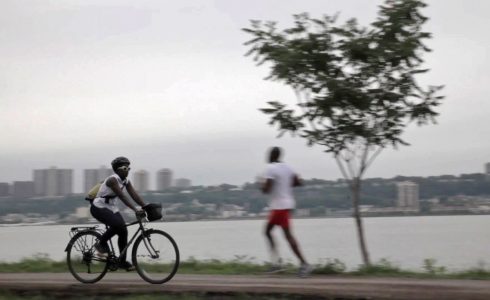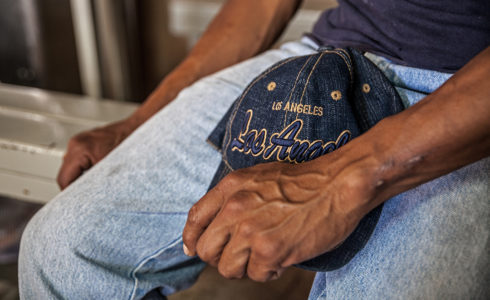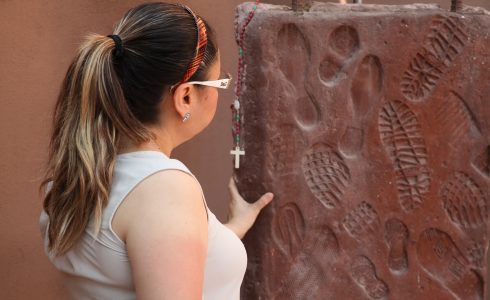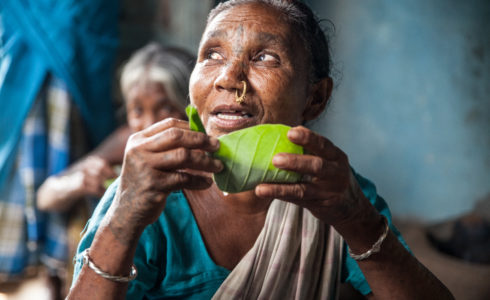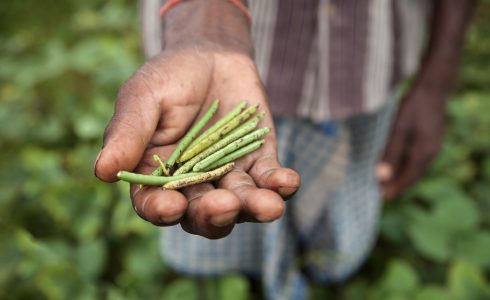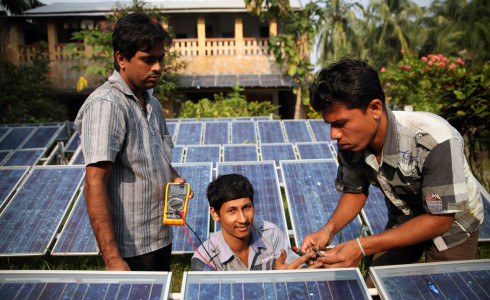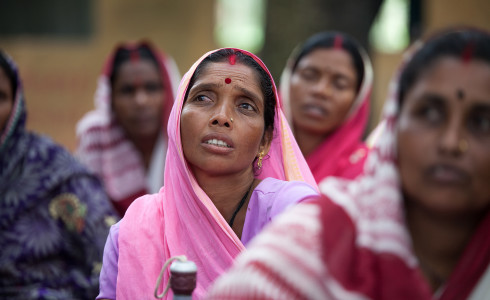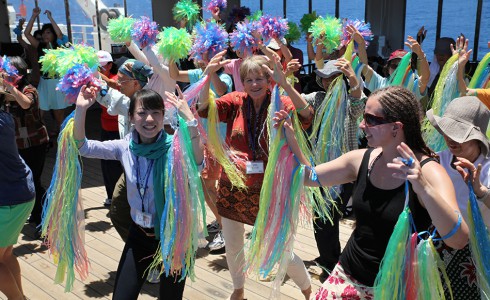“We all want our ideas to be heard”
published by deutschland.de on the occasion of the Internet Governance Forum >> (German version >>) in November 2019
How can citizens be involved in governing by contributing their wishes, ideas and expertise? And how can leaders use big data to make their work more transparent and prevent corruption? Beth Simone Noveck, law professor and director of the GovLab research center in New York, advises governments worldwide on open governance – for example Barack Obama during his time in office and, since 2018, the German government. In this interview, she talks about this democracy of small steps and the chances and challenges of Germany’s Digital Council.

